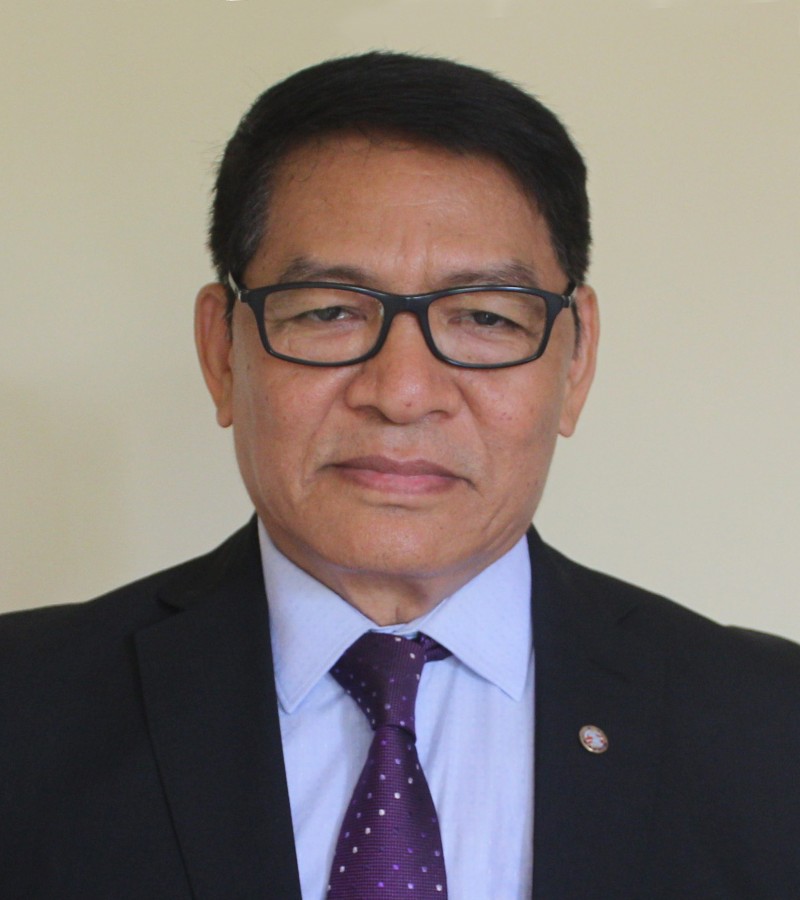Editorial
Keeping the House in Order
Opinion | Editorial | John S. Shilshi | 15-Jan-2022

When India became independent and subsequently gave herself one of the most comprehensive Constitutions in the world, secularism was given a place as one of the cornerstone of this document. It was so because the founding fathers of the Constitution recognized the need to accommodate the religious sentiments of all groups in pluralistic India. Hence, the word “Secular” found place in the Preamble of the Constitution itself, alongside sovereign, socialist, justice, liberty, equality and fraternity. And very rightly so, Right to Freedom of religion was listed as one of the fundamental rights. Therefore, we found Temples, Mosques, Churches, Gurudwaras, Monasteries, Synagogues, and Agiaries, all over cities, towns and villages in different parts of the country. The flip side of it however was, across religious groups, there was sense of complacency, and not many were seriously concerned about whether or not the premises they occupied to set up places of worships or institutes were legally tenable against administrative or judicial scrutiny. This sense of complacency continued for over 65 years, and the Catholic community was no exception.
Locked into this mindset and having gotten into the habit of taking things for granted, many Catholic institutes in the country, including some Churches, today stand on premises where titles are not clearly recorded in revenue record books of the state administrations. Successive Administrators took it for granted that since the properties were owned by a Christian organisation, no question would be asked, or proof of having owned them would be sought for at any point in time. Thus, lands, whether acquired or gifted by some good souls remained for many years without titles being formalized. When realization finally dawned after several decades, administrators found themselves in spot of bother, as proofs of having purchased them had not made it to the records books, or people who donated the properties have since expired. As such, the fate of many Catholic institutions and Churches across the country today hinges precariously, while administrators run from pillar to posts to effect course corrections. In this milieu, some may well be caught napping as defaulters, particularly in the present time when attitude towards minority groups is not all that friendly. Can playing the victimhood card to cover up our lethargy and lapses bail the Catholics out of trouble? It is a million dollar question.
In the case of book keeping too, level of transparency and meticulousness appears to be far from one that could stand the scrutiny of law. Incomes from Schools and institutes, or from any other source of income, including funds received from foreign donors through FCRA, do not appear to be all that well maintained as evident from the fact that many Catholic organisation/institutions are facing problems. We have seen how Catholic organisation and institutions have been taken to task for neglecting certain conditions – again on account of taking things for granted, resulting into cancellation of their FCRA accounts. With measures likely to become more and more stringent, and government agencies all but set to hawk eye over slightest lapses and oversights, particularly with certain religious groups like the Christians, the old habit of cozying into be it all nothing would happen will no longer stand the test of time. We have seen in recent past, how no sooner lapses in records are detected; Catholic properties were pulled down by authorities without waiting for explanations. While such swift actions from government functionaries, who are otherwise known for their lethargy and laxity, could only be inferred, can Church/School authorities argue their cases from a position of strength?
In many states where Catholics have sizeable presence, there are lands that belong to the Church, but registered in the name of certain Parish-controlled organisations. However, the functionaries of such organisation have no or little knowledge about details of the properties that are supposedly under their control, leave alone be in a position to explain status and ownership convincingly when confronted with problems. It is quite possible that in the near future, such properties may attract attention from unwanted quarters and not only become source of conflicts, but even lead to forceful surrender for want of proper claim documents. To avoid such unpleasant developments, it is imperative that administrators, mostly clergy dominated, take some experience lay Catholics into confidence and seek their advice. There is also an urgent need to be connected to the realities of the outside world, and improve Public Relations, so as to be able to appropriately deal with people in the state administration.
Mentionable here that, the world over, people know that sister of Missionary of Charity, serve the poorest of the poor with dedication and commitment. Yet they have often been subjected to administrative harassments, because generally they are poor communicators who do not know how to deal with the outside world. They live confined within the four walls of praying, serving, caring and isolating. Time is more than ripe for Catholics to shun the ghetto culture and be connected to the world beyond the spiritual and religion. It will immensely help in keeping their houses in order.
Visitor comments
Leave a comment

Salam Irene
18-Jan-2022
Well written and thr message is crystal clear.